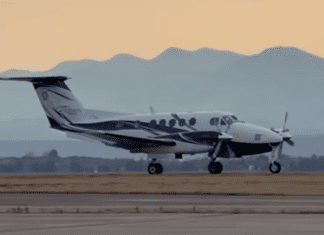This post is also available in:
 עברית (Hebrew)
עברית (Hebrew)
 The U.N. General Assembly agreed to set up an International Asteroid Warning Group that will compile and share information about potentially dangerous space rocks. Should an asteroid put our planet in peril, a U.N. committee would discuss options and oversee plans to launch a deflection mission.
The U.N. General Assembly agreed to set up an International Asteroid Warning Group that will compile and share information about potentially dangerous space rocks. Should an asteroid put our planet in peril, a U.N. committee would discuss options and oversee plans to launch a deflection mission.
The news was welcomed by the Association of Space Explorers (ASE), a group of astronauts and cosmonauts that has been calling for more planetary defense measures. Asteroid detection and deflection has become a higher international priority since a surprise meteor exploded over the Russian region of Chelyabinsk earlier this year, causing injuries to nearly 1500 people.
“Chelyabinsk was bad luck,” said former astronaut Ed Lu during an ASE event in New York City on 25 October. “If we get hit again 20 years from now, that is not bad luck – that’s stupidity.” Lu is co-founder of the non-profit B612 Foundation, which plans to launch an asteroid-hunting space telescope in 2017. The project will join a number of government monitoring efforts, including a recently launched Canadian satellite dedicated to spotting near-Earth asteroids around the clock.
iHLS – Israel Homeland Security
However, leaving deflection plans to individual countries or companies has political pitfalls. Altering the trajectory of an incoming asteroid could lower the risk of impact for some nations while increasing it for others. As an international body, the U.N. could play a role in deciding the best course of action, although someone will still need to develop and launch the hardware.
“Knowing what we must do is only a first step,” says former astronaut Tom Jones. “To prevent a future disaster, we must actually take action – in space.”


























